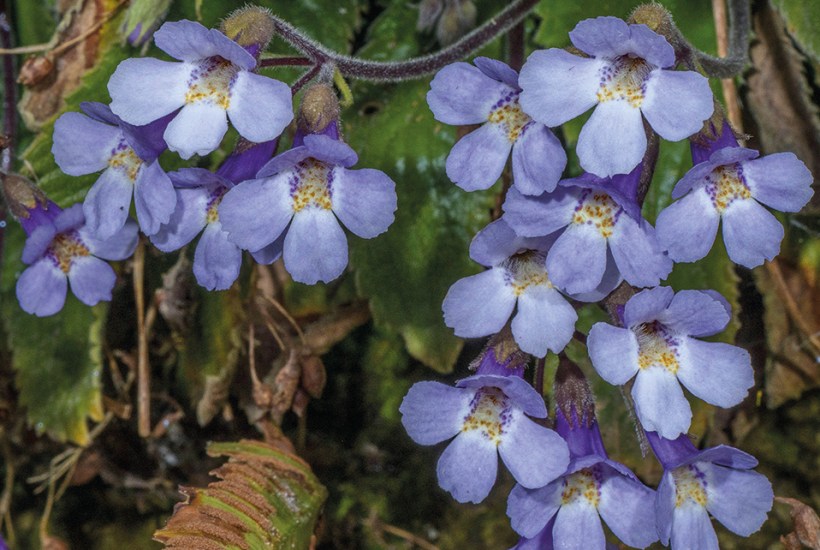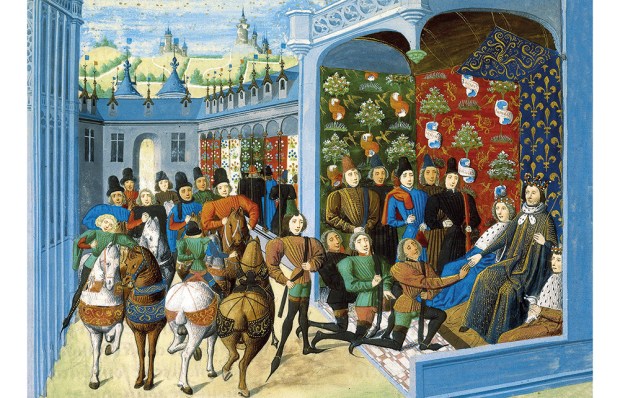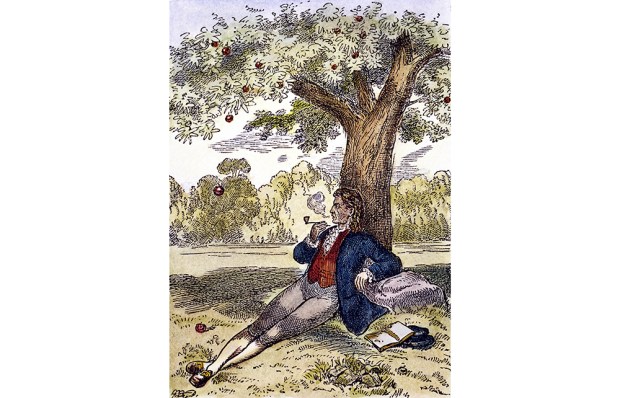The only thing I’m uncertain about in this uplifting and beautifully written book is its subtitle. Granted, the landscape Kapka Kassabova invokes does sound like ‘a place that struck you dumb with its majesty’, but we are not in some Shangri-La beyond the reach of mortals. The valley in question is a two-hour drive from a modern European capital. Elixir is set on the banks of the Mesta River (known as the Nestos in Greece), where its life-giving waters meet the forests and mountains of the western Rhodope range in Bulgaria.
This is the author’s country of origin; but she left it 30 years ago and is unflinching in her judgment of its recent past, which she divides into three phases. There was the outright tyranny of the old Marxist state, with its peculiarly anti-environmental mantra: ‘In the fight against nature we shall be victorious!’ Then there was a transitional period of economic gangsterism; and finally a post-EU settlement of mature kleptocracy.
Things are bad in Bulgaria as a whole, says Kassabova, but they are particularly bad for those living in the Mesta region, where she spent much of the lockdown period. Many of the inhabitants are Pomaks, a group of indigenous Balkan Muslims who have not only suffered the corruption of recent decades but endured victimisation as a religious minority throughout the world wars, and two further regional conflicts. More than 20,000 Muslims died in the decade after 1910 alone.
In all these upheavals, the Pomaks have had one great advantage. Much of their personal and political resistance, as well as their economic sustenance as a community, has stemmed from their profound relationship with nature, particularly with Mesta’s montane flora, which has provided wild crops and herbal medicines for centuries. These botanical entanglements are at the heart of Kassabova’s book and provide a glorious cycle of stories and personal testimonies.
We are introduced to her friend Djemilé, whose self-sufficient instincts make her small patch sound like an Eden of homegrown fruit and vegetables. She is also steeped in the community’s forest lore, the sort of knowledge that has helped Bulgaria become Europe’s leading exporter of wild products. Thanks to their astonishing skills, hunter-gatherers such as Djemilé can harvest 50kg of cranberries a day; and expatriate Bulgarians are now considered to be the most efficient agricultural labourers throughout Europe.
Kassabova doesn’t offer any insight into what might be the long-term ecological consequences for all the wild harvests in the Mesta area, but she is clear on the unequal economics governing much of the business. She records how three locals earn 23 cents a kilo for one specialist medicinal herb, yet when she buys the same plant from a fashionable Edinburgh stockist it costs 265 times the amount the Mesta pickers receive.
Humorously, she declares herself a hypochondriac, in frequent consultation with western herbalists as well as traditional Chinese medical practitioners. This is the only book in which I’ve read the words ‘my regular Chinese acupuncturist’. It sounds like something Woody Allen might say. But Elixir is never a self-absorbed quest for wellbeing, and Kassabova is well aware of the shortcomings of alternative therapies. ‘Folk medicine and western medicine,’ she notes, ‘are at extreme ends of the human environment spectrum. Scientific materialism has no soul and magic has no science.’ What she celebrates is perhaps a fusion of the best in both traditions.
Gradually we realise that Mesta represents a living fortress for the author’s evolving values. The valley and its surroundings are an embodiment of natural diversity, given that the Rhodope region is one of the most intact landscapes in Europe, whose wolves and bears are recurrent characters in the book. Yet Pomak friends and interviewees represent something equally important. Early in the book, Kassabova cites a passage from The Lost Language of Plants by Stephen Harrod Buhner, arguing that modern humanity’s alienation from the living world has inflicted two wounds. There is the external one, of biological loss, as represented by the extinction of one or more plant species per day; and there is the internal wound, caused by ‘no longer sharing soul essence with the world around us’. Desecration outside thus inflicts a profound sense of pain within, and vice versa. The elixir that Kassabova finds in the Mesta valley is really something very straight-forward: a renewed love of the living world, in which humans are just a single, small, if integrated, part.
Got something to add? Join the discussion and comment below.
Get 10 issues for just $10
Subscribe to The Spectator Australia today for the next 10 magazine issues, plus full online access, for just $10.
You might disagree with half of it, but you’ll enjoy reading all of it. Try your first month for free, then just $2 a week for the remainder of your first year.














Comments
Don't miss out
Join the conversation with other Spectator Australia readers. Subscribe to leave a comment.
SUBSCRIBEAlready a subscriber? Log in